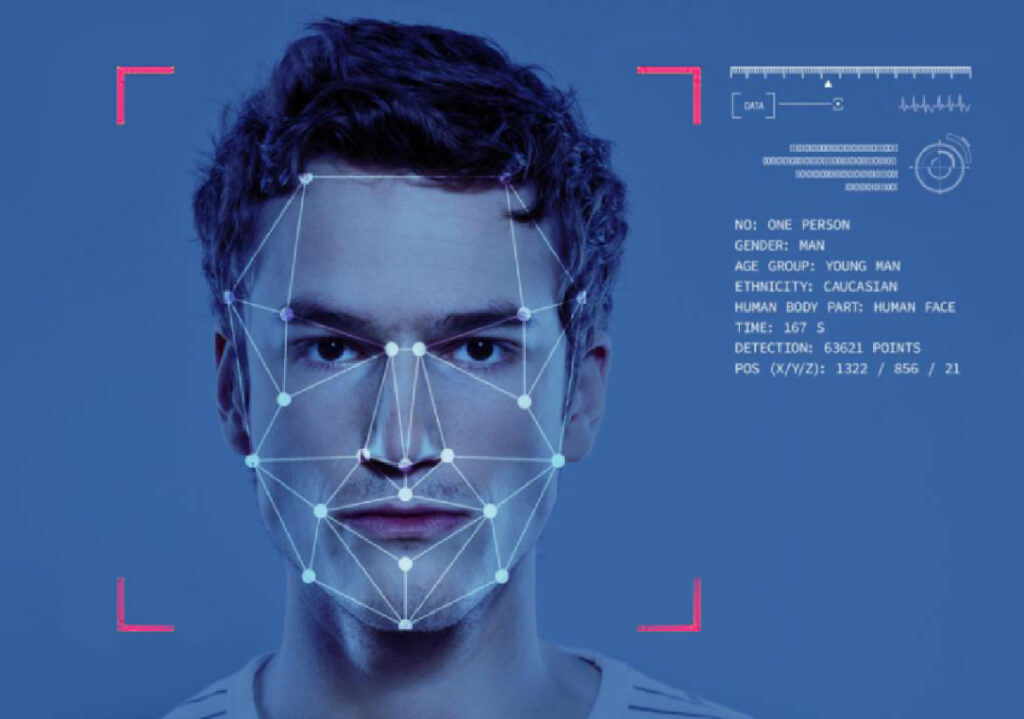TOTT NEWS
Heading out to the Melbourne Cricket Ground any time soon? What about Sydney’s Allianz Stadium?
If so, you can expect to be captured by facial recognition technology in use at each of these venues.
Sensitive biometric data is being collected by major venues across Australia, with consumers largely left in the dark, consumer advocacy group Choice has found in an investigation.

Its report looks at 10 major venues in the country, concluding that four of them have deployed facial recognition, with two more “unclear” about its use.
CHOICE found facial recognition technology was in use at the Sydney Cricket Ground (SCG), Qudos Bank Arena, Sydney’s Allianz Stadium, and the Melbourne Cricket Ground (MCG).

Photo: CHOICE
The group said that the technology is often deployed without consumers’ knowledge or consent with owners and operators of stadiums lacking transparency.
“I think one of the main problems from a consumer’s perspective is that they don’t know when facial recognition is being used and then when they are told that it is being used, it’s very deep in some conditions of entry or privacy policy. They often don’t find out about it until after they’ve already bought a ticket,” Choice’s consumer data advocate Kate Bower says in the report.
All three do mention the use of facial recognition in their conditions of entry, but literally nobody pays attention to this tiny text on the doors when filing in with thousands of other people.

Photo: CHOICE
The investigation has reignited calls for more urgent regulation of the technology in Australia, with some privacy experts criticising businesses for not being transparent enough with customers.
Former Human Rights Commissioner, Edward Santow, says the technology isn’t accurate enough to guard against false positives. This has already been witnessed in overseas data.
In 2018, Freedom of Information data revealed the London Metropolitan Police Force’s use of facial recognition returned false positives in more than 98 per cent of alerts generated.
“The possible consequence is you’re denied entry to the stadium for a soccer match that you’ve paid for and you’re treated as a criminal suspect,” he told the ABC.
“This shouldn’t be used in sports stadiums unless there’s stronger legal guardrails.”
Even so, the venues say it is all about ‘security’. Facial recognition technology, for example, has been in use at the SCG since 2018 when cameras were installed as part of ‘anti-terrorism measures’.
But as we know, this is another part of our dystopian shift towards an unprecedented surveillance state.
BIOMETRIC AUSTRALIA
This trend of spying under the guise of ‘safety’ is a trend infecting most of society, as we transition towards a world once only seen in science fiction fantasies.
CHOICE’s stadium investigation comes a year after reporting on facial recognition being used in Kmart, The Good Guys, and Bunnings:
The Office of the Australian Information Commissioner’s investigation into these retail giants is expected to be handed down imminently.
Let’s also not forget about pubs and clubs across Australis slowly switching on the technology, including many of my local pubs in my small south-east Queensland region.
Furthermore, although Perth’s Optus Stadium was not included in this list, we do know that it is currently a 5G ‘smart arena’, with thousands all able to connect to free 5G Wi-Fi at the same time together.
5G, of course, is the main underlying driving force that allows facial recognition technology to thrive:
Perhaps the country’s most controversial deployment of face biometrics is the Australian Federal Police trial of Clearview AI’s facial recognition software, which was revealed in 2020.
In June this year, Australian regulators found that the photo-scraper is bound by our Privacy Act, meaning that the company is liable for harvesting sensitive personal information without consent.
The widespread use of this Orwellian surveillance technology highlights the need for law reform.
In September last year, researchers from the University of Technology Sydney published a model of how a law regulating facial recognition might look like.
But those types of safeguards will never come, as the techno-fascists further advance their plans to completely monitor the entire planet ahead of their ‘final revolution’.
As H.G. Wells once famously said:

By ‘bearing in mind’ this ‘distress’, the elite of today will ensure through surveillance — both external and internal — that the very notion of ‘change’ is as slim of a possibility as imaginable.

Thankfully, there are still people out there that do believe in the principles of privacy, and are attempting to combat this type of dystopian technology with new techniques in the name of liberty.
As long as we keep smart, and perhaps give up a few AFL matches at the SCG, picnics in the city, or trips to Bunnings, we will hopefully be able to maneuverer around this ‘new world’ that is manifesting.
But if you didn’t know, now you know. Stay vigilant out there!



